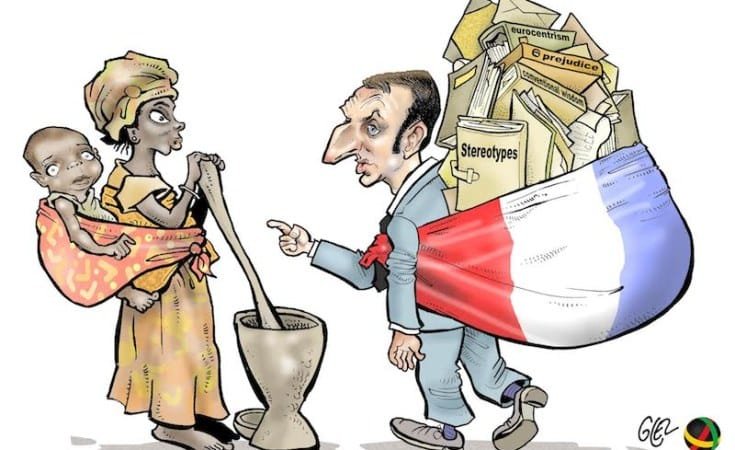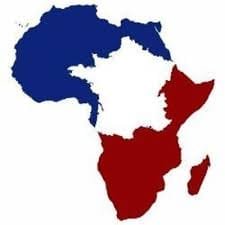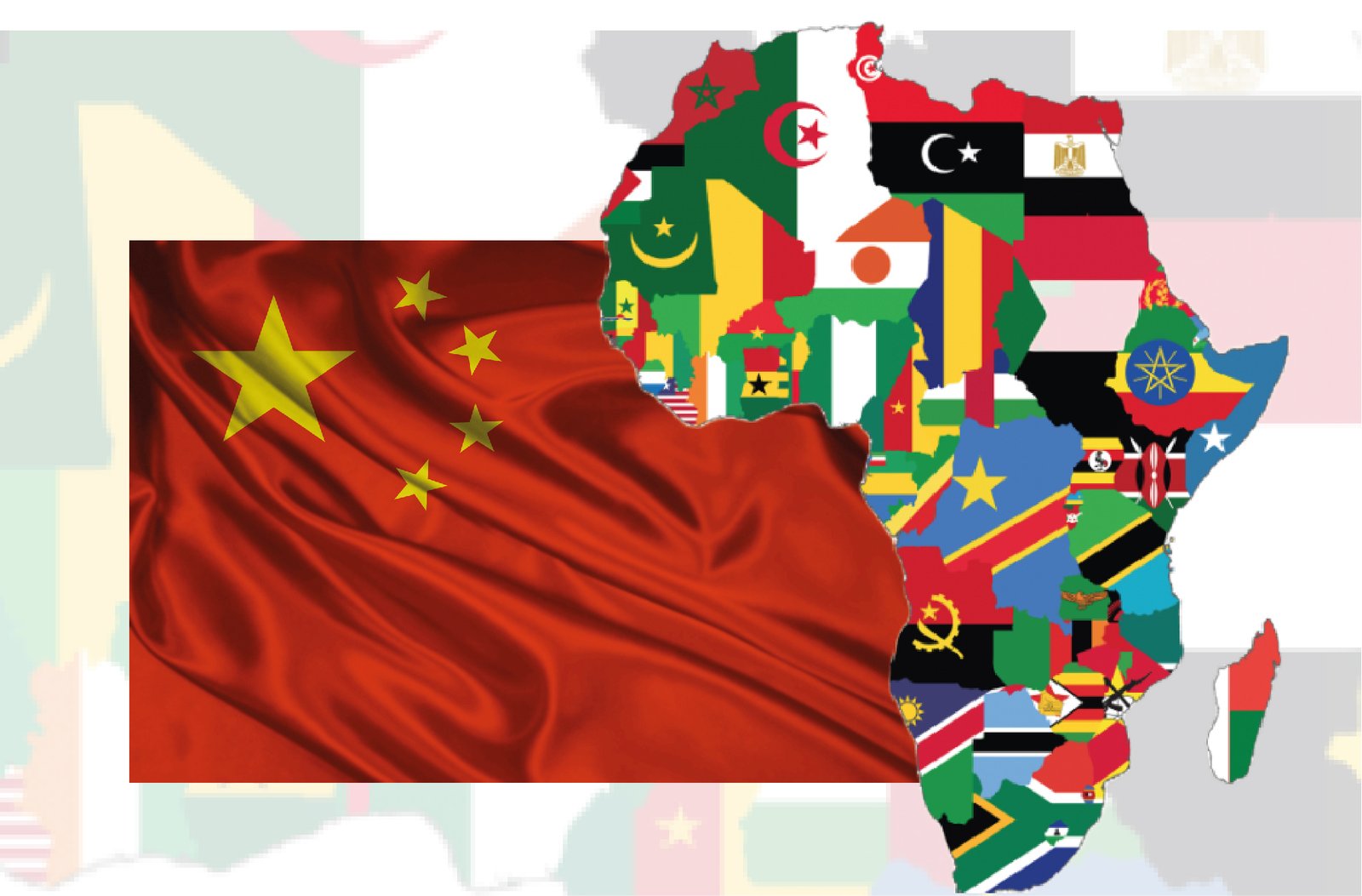
Historical Context of Françafrique
The concept of Françafrique, which refers to the political, economic, and cultural relationships between France and its former African colonies, has its roots deep in the colonial era of the late 19th and early 20th centuries. At that time, France established a vast empire across Africa, implementing systems that prioritized French interests while often disregarding local needs and governance. The imposition of the franc from the French colonies of Africa served as a tool of economic control, binding these nations to the French economy and restricting their autonomy.
Following World War II, the wave of decolonization swept across Africa, culminating in the political independence of many African nations during the 1960s. This period marked a significant turning point, as newly independent states sought to reclaim their sovereignty and establish their own identities. However, the relationship between these nations and France did not diminish with independence; instead, it transformed into a neocolonial framework. Many of these countries adopted the CFA franc—a currency maintained by France, essentially a confiscated monetary sovereignty that limited the economic independence of the African states and ensured continued French influence.

Key events such as the 1960s coups in countries like Côte d’Ivoire and Gabon underscored France’s willingness to intervene in domestic affairs to install leaders aligned with its strategic interests. Moreover, numerous policies were designed to facilitate French investments in sectors critical to these economies while securing favorable terms. The legacy of colonialism, combined with the dominance of the CFA franc as a tool of economic subjugation, has fostered relationships that are often characterized by dependency and inequity.
These historical ties have evolved but continue to influence contemporary interactions as many African nations grapple with the remnants of their colonial past. As such, the legacy of Françafrique serves as a testament to the complex interplay of power, control, and resistance that defines the post-colonial landscape of Africa.
Paternalism and Dependency in Sovereign Relations
The post-colonial relationship between France and its former African colonies can be characterized by a paternalistic approach that has fostered a sense of dependency. This dynamic is closely tied to France’s concept of ‘pré-carré,’ which denotes a privileged sphere of influence in the region. The CFA franc, established in 1945, played a pivotal role in maintaining this influence as it is a currency that ties many African nations to the French economy and monetary policy. This arrangement, while providing some level of economic stability, has often been criticized as a tactic to reinforce a confiscated monetary sovereignty.
The notion of paternalism suggests that France perceives its former colonies as needing guidance and oversight, akin to a familial obligation. This ideology extends to various forms of governance, economic support, and military assistance, creating a dependency that inhibits the development of truly independent nation-states. The CFA franc symbolizes this relationship, as involved countries are often compelled to align their economic policies with French interests, limiting their ability to exercise complete sovereignty over their monetary systems.
This dependency has profound implications for governance in these African nations. Many struggle to foster self-sustaining economies due to the structural limitations imposed by their ties to France. The influx of French expatriates and businesses can lead to a situation where local resources are exploited while profits are repatriated to France, perpetuating a cycle of economic dependency. Furthermore, governance models that incorporate French influence may overlook local needs and aspirations, which can hinder political stability and development efforts.
This complex interplay of paternalism and dependency forms a critical aspect of Françafrique, reflecting not only historical ties but also ongoing challenges relating to sovereignty and economic autonomy in the region.
Neocolonialism and Its Impact on African Nations
Neocolonialism, a term that encapsulates the continued control and influence exerted by former colonial powers over their erstwhile colonies, profoundly affects African nations today. The legacy of Françafrique remains a substantial part of this equation, as the historical ties created through colonialism have evolved into complex relationships that dominate economic and political arenas. One of the most visible manifestations of this neocolonial influence is the persistent reliance on the CFA franc, which operates as a dual currency in several West and Central African countries. While this currency was instituted to facilitate growth, it effectively symbolizes a confiscated monetary sovereignty, limiting the autonomy of these nations and binding them to French economic policies.







